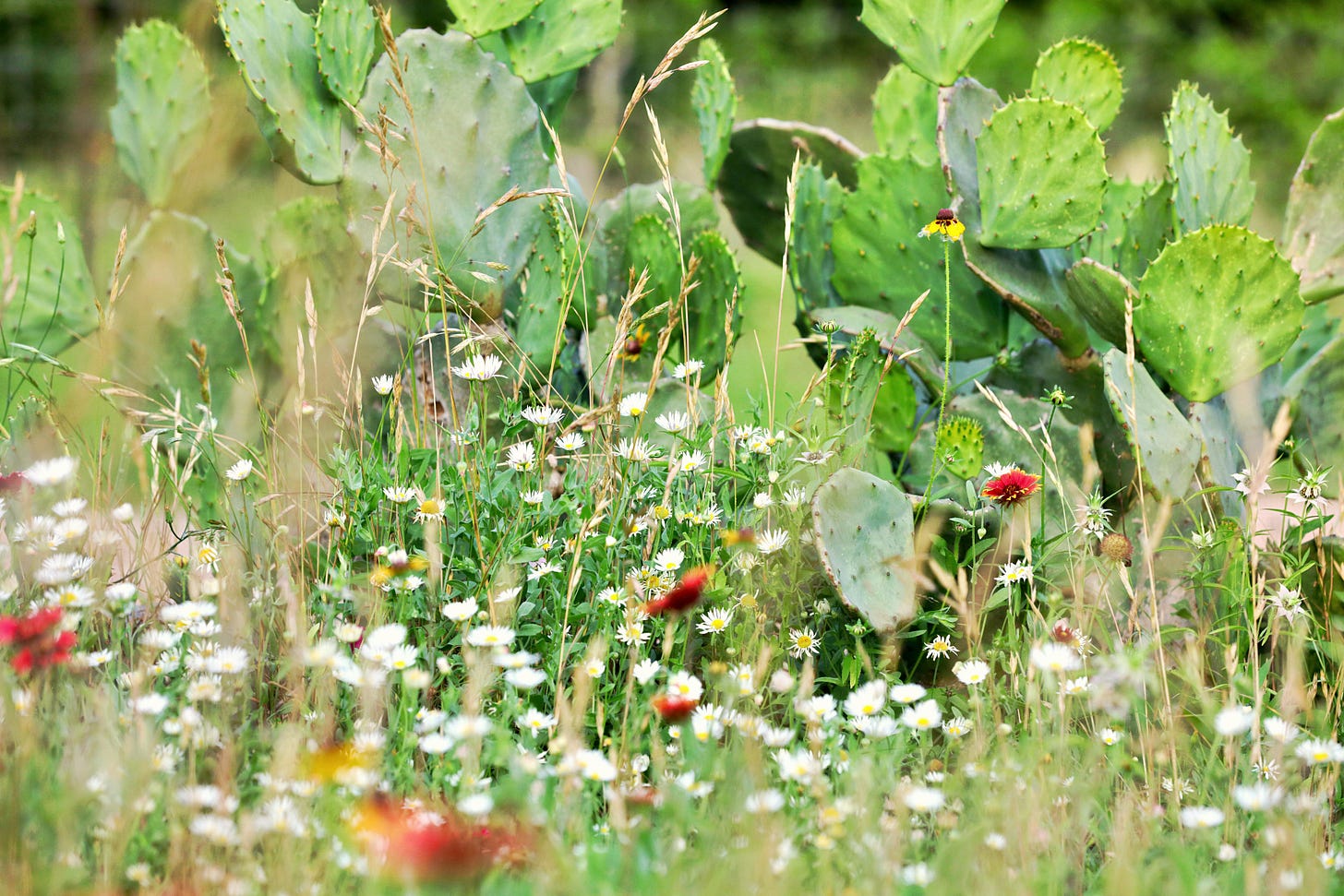Ecotone
Where tension becomes transformation
The word Ecotone comes from the prefix eco, meaning ecology, and the Greek word tonos, meaning tension. It describes the transitional zone in which two ecosystems meet, overlap, and interact in tension. The term was first introduced by Frederic Edward Clements, an ecologist and pioneer in the study of plant ecology and vegetation succession, and later described as the “edge effect” or “edge zone” by Aldo Leopold, often referred to as the “Father of Wildlife Conservation.”
When I first learned about this concept, I was intrigued by how tension can be generative when reframed positively. In these in-between spaces, diversity flourishes and unique new forms emerge, creating a richness that neither ecosystem could achieve alone.
I think about what this means for us as humans. In a culture that prizes independence and self-sufficiency, it’s easy to lose sight of the wisdom that lives in connection, tensions, and perspectives that stretch us beyond what we already know. After all, we don’t exist in isolation; like everything in nature, we’re part of a larger web of relationships. This also brings me hope during this time of accelerated shifts in how we live, work, and learn, a pre- and post-AI era transition that often feels destabilizing and stressful, by embracing the possibilities without compromising our humanity.
Through the lens of the edge space, a place of curiosity where differences meet and mingle, both within ourselves and with one another, I invite you to join me in exploring how growth, creativity, and transformation can emerge when we meet at the edges.
Ponder and Jot
What tensions are emerging in your life? What new opportunities might they be shaping at the edge when you open yourself to possibilities?
Ponder, reflect, and jot down your thoughts!


